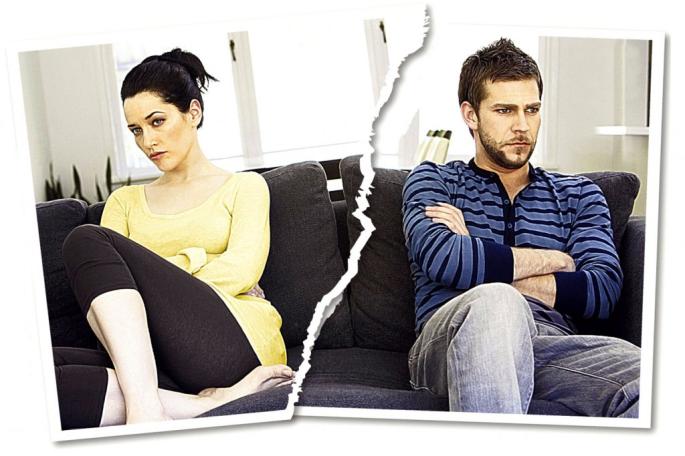Probably the second greatest driver in my work is divorce, but what’s surprising to me is that such clients aren’t more common. The impact of divorce leaves lingering imprints that emotionally trigger the survivors, and can distinctly affect the sale of a home.
Think about it, divorce shatters the connections of the family unit, and all the lifelong expectations around its endurance, leaving fears and perceived failures in its wake. The bedroom becomes a battleground for acrimonious arguments (hushed or screaming), flat out weeping, and sometimes violent assaults. The children watch or listen from their rooms, feeling both at fault and victimized, and wondering what it means to their future capacity to love. The couch or spare room becomes a way station, unless one departs entirely, and even then, each room holds the impression of that last or most potent interchange.
In her book The House as a Mirror of Self, architecture professor cum Jungian psychologist Clare Cooper Marcus takes readers on a psychoanalytic journey through their connection to home. In discussing her own divorce and the resulting fear, she admits to waking every night to check all the locks, not because her husband was violent, but because her own sense of security had been so ruptured.

In my work, it’s become clear that the energetic patterns left by divorce make it impossible for the survivors to simply move on with their lives, because they are confronted with the energetic remnants every day. If you had to come home to a bed that was a constant reminder of your husband’s infidelity, how would you sleep? The shared articles, furnishings, and yes, the rooms themselves hold charges that are extremely intense to a survivor because they share the imprint and resonate at the same frequency.
These impressions may be less noticeable to a prospective buyer, but from what I’ve been hearing on the Real Estate side, they too are sensitive. Perhaps not enough to completely dismiss a house for feeling negatively charged, but is that what you want to leave behind, or move into?
One of the strangest things about my work was finding how people repeat the energetic patterns established in houses. The house I cleaned that was reported in the SF Chronicle was the location of three divorces in a row. The reporter pointed out that 50% of marriages end that way, but even so, that house had doubled the rate. Obviously, we want to distance ourselves from such situations, but the distance we imagine mentally is belied by our feelings, and often by the physical reality of selling.
It impressed me that my client, while clearly desirous of a sale, was committed to leaving a clean slate for the next owner. I only hope we can all be so lucky as to obtain such homes, or so responsible as to leave them behind.
